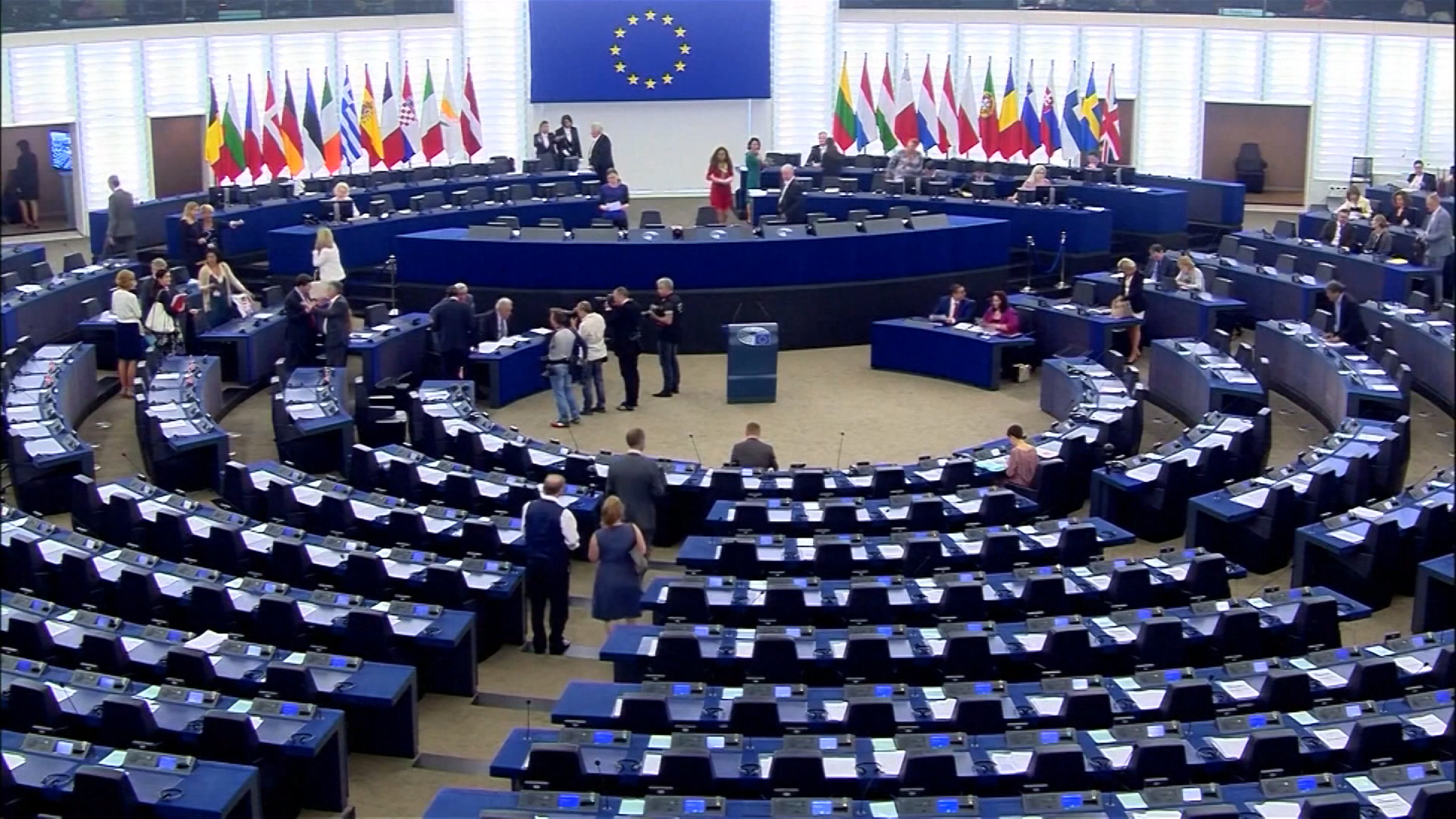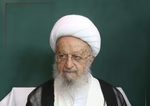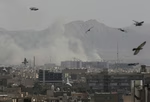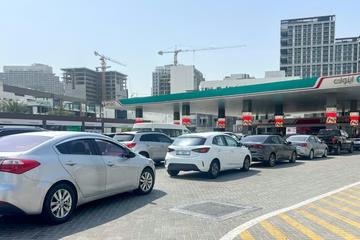
Organised crime is a structural problem in Western Balkan countries but it also affects EU countries, which is why members of the European Parliament are agreed that it is necessary to encourage reforms and open former Yugoslav archives.
Michael Gahler, deputy rapporteur of the Committee on Foreign Affairs, said in a debate on a committee report on Tuesday that the document calls on Western Balkan governments to step up efforts to implement the necessary reforms, noting that ties between organised crime, politics and business had existed before the break-up of the former Yugoslavia and continue to exist.
Therefore in the report we call for opening former Yugoslav archives, notably those of the former Yugoslav secret service (UDBA) and the military intelligence agency (KOS), said Gahler.
Croatian MEP Zeljana Zovko (EPP/HDZ) agreed with Gahler's request, noting that "this could help shed light on many deep-rooted criminal organisations that have been operating under the radar for decades."
Andreas Schieder (S&D) stressed that crime was a result of social conditions, poor state and bad structures. The EU can have influence on reducing organised crime in the Western Balkans though the process of integration, he said.
The accession process itself is the necessary support for reforms required to fight organised crime in the Balkans. There is no excuse for delaying the accession of North Macedonia and Montenegro which have been in the EU's waiting room for decades even though they courageously implement reforms, he said.
Nicolae Ştefănuță (Renew Europe) underlined the geopolitical importance of the Balkans, noting that it was necessary to fight organised crime there and unblock the process of Western Balkan countries' integration in order to prevent influence from third countries.
Viola Von Cramon-Taubadel (The Greens/European Free Alliance) underlined the importance of supporting independent organisations and reporters in W. Balkan countries.
Croatian MEP Tonino Picula (S&D) stressed the importance of the European Parliament sending "strong messages of support to civil society organisations, investigative reporters and all hard-working and brave people who take risks to make their countries better."
MEP Sunčana Glavak (EPP/HDZ) said organised crime was also a matter of security.
"Organised crime is dangerous for the democratic progress of Western Balkan countries and it is a first-class security issue," she warned, noting that the EU estimates that revenue from criminal activities in the main markets in 2019 accounted for 1% of the EU's GDP or €139 billion.
Croatian MEP Karlo Ressler (EPP/HDZ) called for better security and intelligence cooperation and for "taking more account of the countries' results in that regard in the context of enlargement policy priorities."
French MEP Thierry Mariani (Identity and Democracy) said he disagreed with the report. "The report is not about the fight against corruption but about the promotion of an ideological agenda," he said, noting that the report failed to mention the Balkan migration route.
Croatian MEP Ladislav Ilcic (Conservatives/Reformists), too, said illegal migrations "are fuel for organised crime", adding that uncontrolled migration was largely "due to irresponsible statements by European politicians welcoming illegal migrants."
Croatian MEP Mislav Kolakusic, too, criticised European leaders for welcoming refugees, adding that that had helped create migration routes that were still active, affecting primarily Western Balkan citizens as well as all EU citizens who do not want illegal migrations.
The report was supported with 531 votes for, 48 against and 117 abstentions.
Kakvo je tvoje mišljenje o ovome?
Učestvuj u diskusiji ili pročitaj komentare





 Srbija
Srbija
 Hrvatska
Hrvatska
 Slovenija
Slovenija



























































